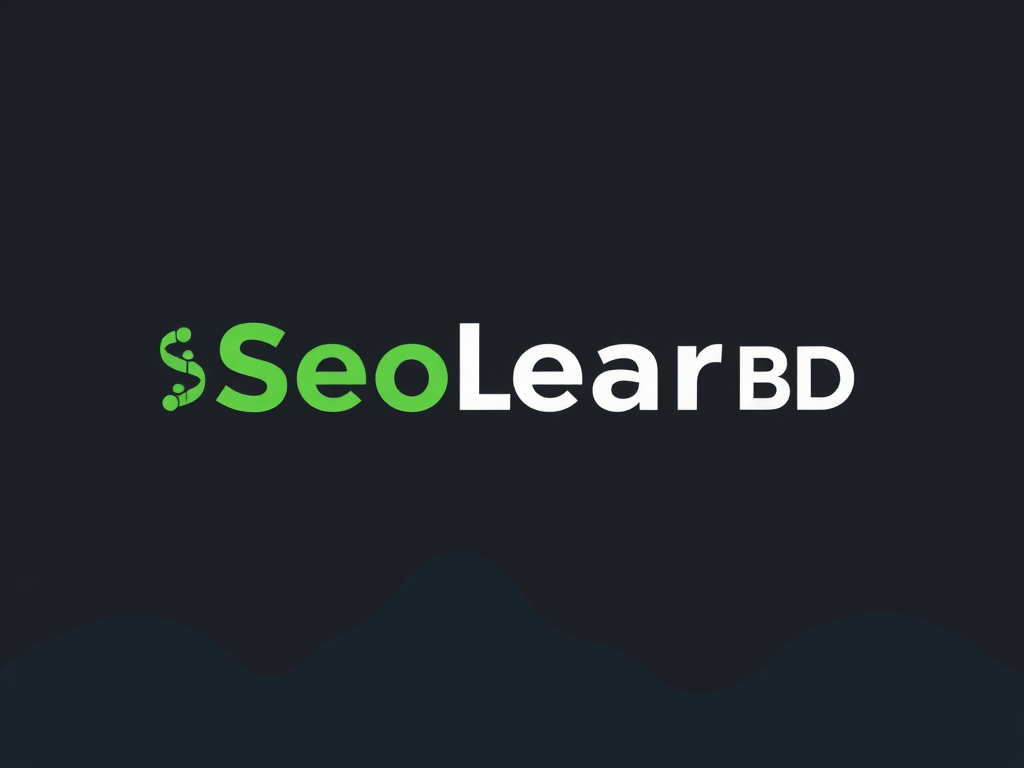Understanding Computing Innovations in Marketing
Computing innovations such as AI in marketing, big data, and cloud computing are fundamentally transforming how businesses engage with customers. AI drives marketing technology by automating processes like customer segmentation and personalized content delivery. This allows marketers to tailor messages based on real-time data patterns, enhancing relevance and effectiveness.
Big data provides the backbone for these innovations by collecting and analyzing vast amounts of customer information. This enables marketing teams to generate detailed customer profiles and identify trends that inform strategic decisions. The integration of big data analytics means campaigns can be continuously optimized based on performance metrics.
In parallel : How Can Businesses Leverage the Latest UK Computing Trends for Marketing Success?
Cloud computing supports these functions by offering scalable infrastructure that facilitates collaboration across departments and rapid deployment of marketing tools. Marketers benefit from flexible access to data and analytics platforms without heavy upfront investment. Collectively, these innovations reshape marketing strategy frameworks by making them more dynamic, data-driven, and customer-centric. Understanding these technologies is crucial for businesses aiming to stay competitive in today’s fast-evolving landscape.
Impact of Computing Innovations on Marketing Effectiveness
Computing innovations significantly boost marketing effectiveness by enabling precise customer targeting and deeper personalization. AI in marketing analyzes vast data sets to identify individual preferences, allowing brands to deliver messages that truly resonate. This level of personalization fosters stronger customer engagement, as campaigns feel tailored and timely.
In parallel : How are UK marketers leveraging edge computing for real-time analytics?
Data-driven marketing benefits greatly from advances in big data analytics, which improve campaign measurement and calculate ROI with high accuracy. Marketers can track performance metrics in detail, adapting strategies instantly based on what the data reveals. This feedback loop sharpens decision-making and refines future marketing efforts.
Furthermore, cloud computing enhances marketing agility. Cloud platforms provide scalable solutions to deploy campaigns rapidly and manage resources efficiently. The real-time access to shared data also supports collaborative efforts within marketing teams across locations, accelerating responses to market changes.
By integrating these computing innovations—AI, big data, and cloud computing—businesses can elevate their marketing effectiveness, remain responsive to consumer behavior, and optimize investment returns in a competitive landscape.
Practical Applications of AI in Marketing Strategies
AI marketing strategies leverage advanced technologies to enhance customer interaction and campaign precision. A primary tool is AI-powered chatbots and virtual assistants that provide instant, personalized responses, improving customer experience around the clock. These tools can handle inquiries, guide users through purchasing processes, and collect valuable data for marketers.
Another critical application involves AI-based content generation and optimization. By analyzing consumer behavior and preferences, AI can craft targeted messages that resonate deeply with specific audiences. This personalized approach boosts engagement rates and ensures marketing materials are relevant.
Predictive analytics, powered by AI in marketing, offers insights into future market trends and customer behavior. This enables businesses to anticipate needs, optimize inventory, and time campaigns for maximum impact. Integrating AI marketing strategies effectively transforms marketing technology by automating complex tasks and providing precise, data-driven personalization techniques that improve ROI.
Leveraging Big Data for Informed Marketing Decisions
Big data marketing is pivotal in creating detailed customer insights by collecting and analyzing vast datasets. This process enables businesses to develop comprehensive customer profiles, which reveal behavior patterns, preferences, and purchasing triggers. These insights underpin more precise market segmentation, allowing marketers to tailor campaigns specifically to distinct audience groups.
Data analytics tools sift through massive amounts of information to identify which segments respond best to particular messaging or product offers. This segmentation enhances campaign relevance and effectiveness, driving higher engagement and conversion rates. Furthermore, big data supports product development by highlighting unmet customer needs and emerging trends, deepening alignment between marketing strategies and consumer expectations.
Using big data marketing also fosters continuous optimization. Marketing teams can track real-time performance metrics and adjust approaches rapidly. This feedback loop is essential for agile decision-making, enabling companies to stay ahead in competitive markets. Overall, big data shapes more informed, evidence-based marketing strategies that drive results and deepen customer relationships.
Cloud Computing as a Catalyst for Marketing Innovation
Cloud computing plays a crucial role in advancing marketing scalability by providing flexible infrastructure that adapts to fluctuating campaign demands. Marketers can swiftly launch and manage extensive campaigns without investing heavily in physical hardware or software. This scalability ensures resources are allocated efficiently, matching marketing goals dynamically.
Beyond scalability, cloud platforms enhance collaboration tools, enabling marketing teams—often spread across multiple locations—to access real-time data simultaneously. This shared access accelerates decision-making and campaign adjustments, fostering seamless cross-departmental teamwork. For example, cloud-based analytics dashboards allow instant updates on campaign performance, enabling prompt refinements.
Moreover, cloud computing offers a cost-effective foundation for marketing technology deployment. Companies avoid large upfront costs and benefit from pay-as-you-go models, reducing barriers to adopting advanced tools. Rapid deployment facilitated by the cloud helps marketing initiatives keep pace with changing market conditions, increasing overall marketing effectiveness.
In summary, cloud computing fundamentally supports marketing innovation by combining scalability, collaboration tools, and economic efficiency, enabling marketers to respond swiftly and smartly in a competitive environment.
Understanding Computing Innovations in Marketing
Computing innovations like AI in marketing, big data, and cloud computing are revolutionizing marketing technology by enabling more dynamic, data-driven strategies. AI in marketing uses machine learning algorithms to automate customer segmentation and personalize communications, improving campaign relevance. This technology processes vast datasets instantly, uncovering patterns that might go unnoticed otherwise.
Big data Analytics forms the analytical cornerstone by gathering and interpreting massive amounts of consumer information. This empowers marketers to create precise customer profiles and tailor offerings based on real-time behavioral insights. The depth of these analytics supports smarter decisions and continuous campaign optimization.
Cloud computing complements these efforts by providing scalable infrastructure that supports flexible resource allocation. It facilitates quick deployment and integration of marketing technology tools, fostering collaboration among distributed teams. This adaptability means marketing strategies can swiftly respond to market changes without demanding heavy upfront investments.
Together, these computing innovations reshape traditional marketing frameworks into agile, customer-centric systems focused on personalization and data intelligence. They enable marketers to craft more targeted, efficient campaigns that align closely with evolving consumer expectations.
Understanding Computing Innovations in Marketing
Computing innovations are reshaping marketing by integrating AI in marketing, big data, and cloud computing into core strategies. AI in marketing leverages machine learning to analyze consumer patterns rapidly, enabling precise customer segmentation and automated personalized messaging. These capabilities allow marketers to deliver highly relevant content with minimal manual effort.
Big data analytics processes immense volumes of customer information, revealing insights that drive smarter, data-driven marketing decisions. It enables marketers to create detailed profiles and identify trends, which enhance targeting accuracy and campaign effectiveness. By continuously analyzing real-time data, businesses can adjust strategies promptly to optimize performance.
Cloud computing adds vital infrastructure support by providing scalable resources that flexibly accommodate marketing demands. It fosters collaboration among distributed marketing teams through shared data access and accelerates deployment of technology tools. This allows rapid adaptation to evolving market conditions without the constraints of traditional IT setups.
Together, these innovations transition marketing technology from static frameworks to dynamic, interconnected systems. They emphasize personalization, agility, and evidence-based strategies, fundamentally transforming how businesses engage customers and measure success in an increasingly digital marketplace.

